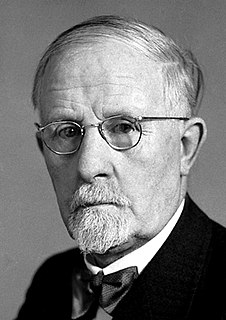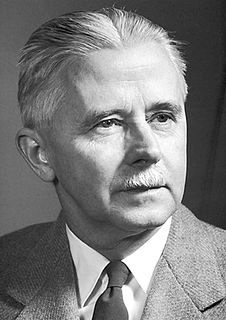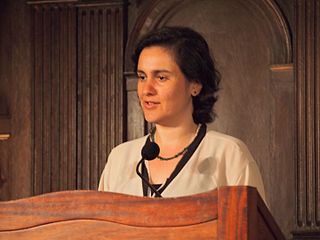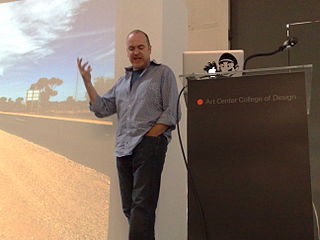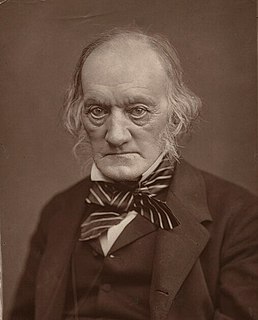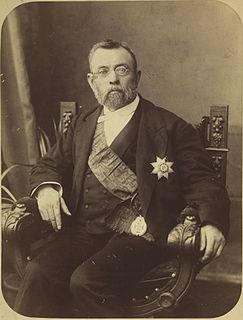A Quote by Walter Rudolf Hess
The goal of physiological research is functional nature.
Quote Topics
Related Quotes
Nature is not primarily functional. It is primarily beautiful. Stop for a moment and let that sink in. We’re so used to evaluating everything (and everyone) by their usefulness that this thought will take a minute or two to begin to dawn on us. Nature is not primarily functional. It is primarily beautiful. Which is to say, beauty is in and of itself a great and glorious good, something we need in large and daily doses.
A lot of ancient poetry sees in nature a reflection of human emotions, and in a post-industrialized era, once people have become more aware of the necessity of a more harmonious relation between man and nature, we need to build cities which can connect with human spiritual needs instead of being merely functional.
